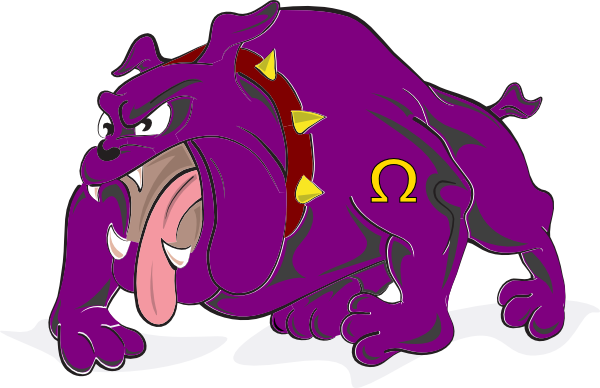
The Role of Physical Conditioning in Dog Competitions
Dog competitions, such as canine events and dog shows, require more than just natural talent and good training. Physical conditioning plays a crucial role in preparing dogs for these competitive activities. Dogs need to be in peak physical condition to perform at their best and increase their chances of success. In this article, we will explore the importance of physical conditioning for dog competitions and how it contributes to the overall performance and well-being of the dogs.
1. Enhances Endurance and Stamina

Physical conditioning improves dogs’ endurance and stamina, allowing them to perform at their best for extended periods. Just like human athletes, dogs need to have the energy and stamina to compete at high intensity levels throughout the competition. Regular exercise, conditioning programs, and specialized training help build their endurance, enabling them to sustain physical exertion for longer durations. This increased stamina often translates into improved performance and better chances of success in dog competitions.
2. Builds Strength and Agility
Strength and agility are crucial traits for dogs participating in competitive events like dog agility trials, obedience training competitions, and hunting dog trials. Physical conditioning exercises, such as strength training and agility drills, help dogs develop the necessary muscles and improve their overall agility. A dog with enhanced strength and agility can navigate obstacles more efficiently, complete complex tasks with precision, and exhibit better control and coordination during competitions.
3. Promotes Flexibility and Range of Motion
Flexibility and a good range of motion are essential for dogs participating in various dog competitions, including canine beauty pageants and tracking dog tests. Regular stretching exercises and flexibility training help dogs maintain optimal joint and muscle health. This, in turn, allows them to move more freely, perform complex movements with ease, and showcase their physical attributes to the judges or evaluators. Additionally, flexibility training reduces the risk of injuries during strenuous activities.

4. Supports Overall Health and Well-being
Physical conditioning not only enhances dogs’ performance in competition but also contributes to their overall health and well-being. Regular exercise and conditioning programs help dogs maintain a healthy weight, improve cardiovascular health, and strengthen their immune system. Dogs that are physically fit and healthy are less prone to injuries and illnesses, ensuring their longevity in the competitive arena.
5. Mental Benefits
In addition to the physical benefits, physical conditioning also provides dogs with mental stimulation and enrichment. Engaging in regular exercise and conditioning activities helps dogs release excess energy, reduce anxiety, and maintain a balanced mental state. Dogs that are mentally stimulated and content are more likely to perform well in competitions and exhibit better focus, attention, and responsiveness to training commands.